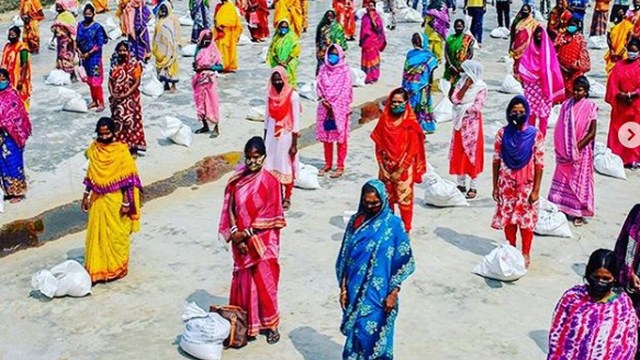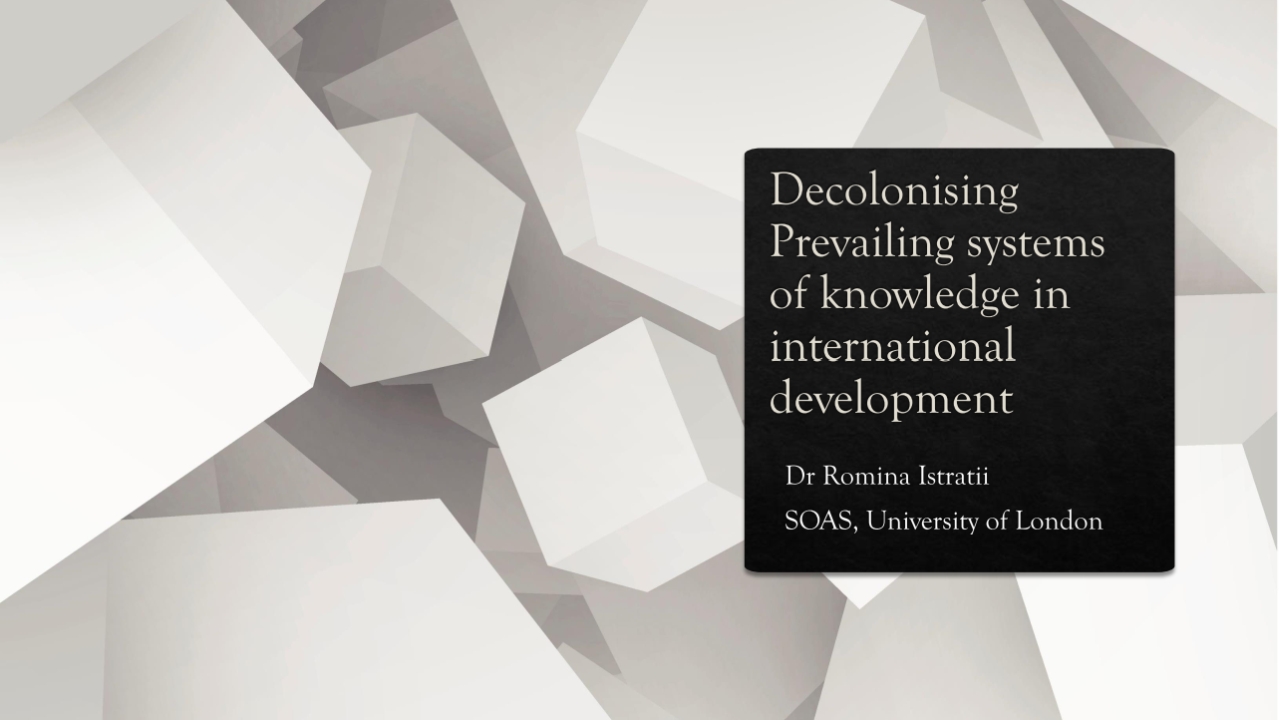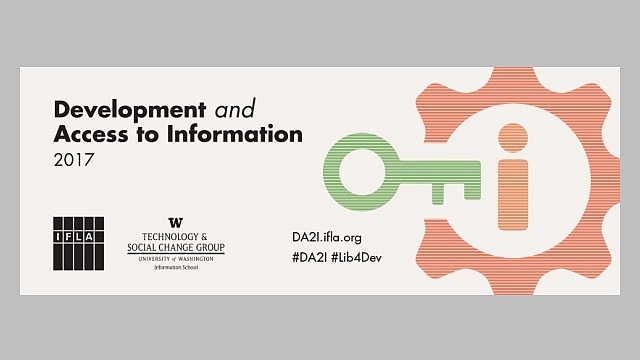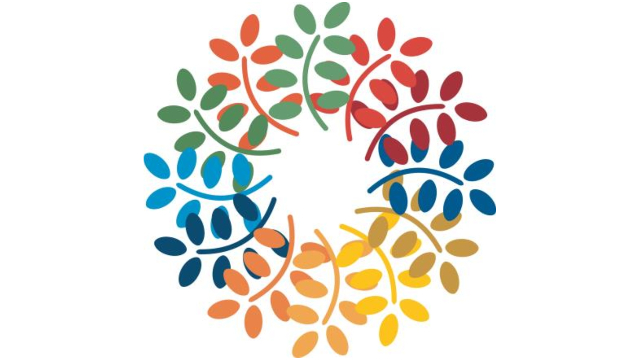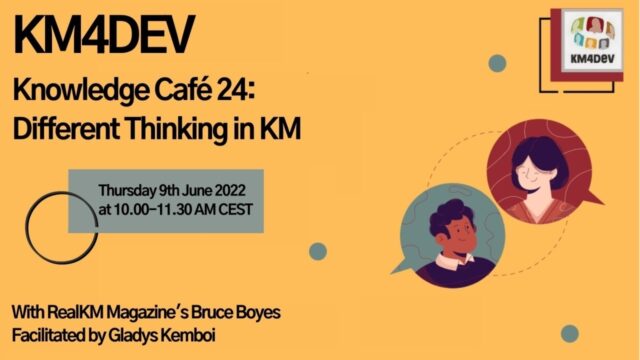The Jena Declaration supports multiple knowledges, multi-stakeholder processes, and local knowledge in sustainable development
This article is part of an ongoing series of articles on KM in international development.
In numerous RealKM Magazine articles, we’ve presented research and analysis that supports multiple knowledges, multi-stakeholder processes, and local knowledge1,2 in sustainable development.
This includes a growing evidence base supporting:
- the decolonisation of knowledge and knowledge management (KM)
- respect for cultural differences in KM
- the need for transformations towards “Common Good KM”
- appropriate and effective processes for stakeholder and community participation in decision-making
- use of the most appropriate change strategies for the decision-making level.
Reflecting this evidence base, The Jena Declaration calls for the stimulation of more culturally-sensitive policies and programs to enhance, promote, and facilitate the grass roots movements that lie at the heart of mobilization towards attaining the United Nations Sustainable Development Goals (SDGs).
The ten points of the The Jena Declaration very much align with the Knowledge Development Goals of the Agenda Knowledge for Development3, which provides an integrated approach to knowledge-related challenges that directly influence the achievement of the SDGs.
The Jena Declaration was adopted in March 2021, and formally launched at a kick-off event on 9 September 2021 (which can be watched in the video above). The Declaration continues work begun at the “Humanities and Social Sciences for Sustainability” conference, held in Jena, Germany in October 2020.
Since its adoption, the Declaration has been endorsed by a considerable number of international organizations and initiatives in the fields of science, arts, and economics, all striving to promote sustainable development through a culturally-sensitive bottom-up approach.
References:
- Cummings, S., Regeer, B. J., Ho, W. W., & Zweekhorst, M. B. (2013). Proposing a fifth generation of knowledge management for development: investigating convergence between knowledge management for development and transdisciplinary research. Knowledge Management for Development Journal, 9(2), 10-36. ↩
- Cummings, S., Kiwanuka, S., Gillman, H., & Regeer, B. (2018). The future of knowledge brokering, perspectives from a generational framework of knowledge management for international development. Information Development, https://doi.org/10.1177/0266666918800174 ↩
- Brandner, A., & Cummings, S. (Eds.) (2018). Agenda Knowledge for Development: Strengthening Agenda 2030 and the Sustainable Development Goals, Third Edition. Knowledge for Development Partnership. ↩
Also published on Medium.

